Politics
Indian police briefly detain Rahul Gandhi during protest march
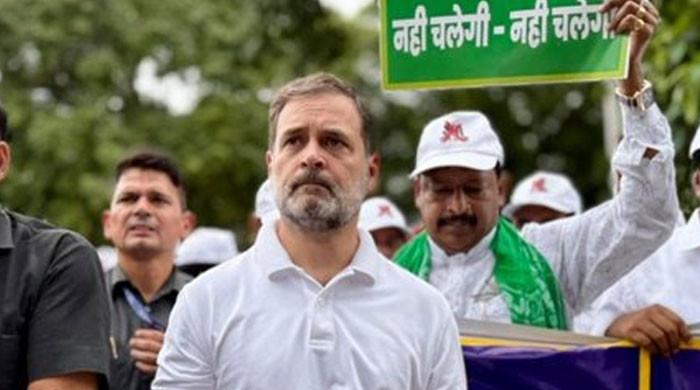
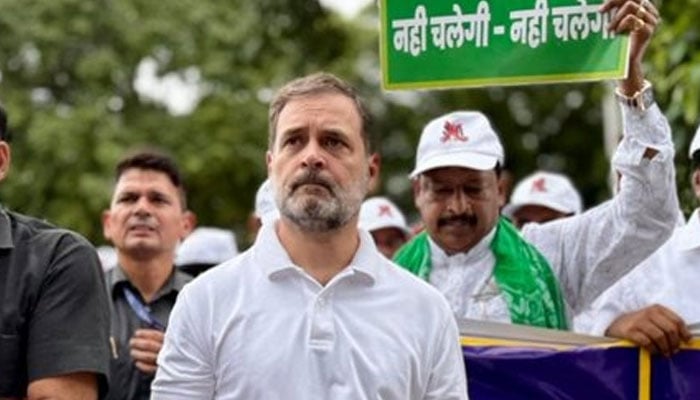
- Police block opposition protest to ECI.
- MPs stage sit-in protest on road.
- Priyanka Gandhi also arrested.
Indian Congress leader Rahul Gandhi and other opposition leaders were briefly detained by New Delhi Police during their protest march against the Election Commission of India’s (ECI) office over “voter fraud” allegations, Indian media reported.
Apart from Rahul and his sister Priyanka Gandhi Vadra, the New Delhi Police detained several opposition members of parliament (MPs).
“This fight is not political […] it is to save the Constitution. The fight is for ‘one person, one vote,'” NDTV reported Rahul as saying while being shifted by the police.
Confirming the opposition leaders’ detention, Joint Commissioner of Police Deepak Purohit said that the politicians had been taken to a nearby police station.
The police officer, citing reasons behind their detention, said that the opposition lacked the necessary permission to hold a protest of such scale and that only 30 MPs were allowed to march towards the ECI office and lodge a complaint.
Purohit’s remarks come after the INC-led Indian National Developmental Inclusive Alliance (INDIA) commenced a march towards the ECI office.
Later, the opposition’s lawmakers, including Lok Sabha Leader of Opposition (LoP) Rahul and Congress MP Priyanka, returned to the parliament after their release to protest against alleged “vote theft”.
The credibility of elections has rarely been questioned in recent decades in the world’s most populous democracy.
Some analysts say the opposition accusations could damage Prime Minister Narendra Modi as he navigates one of the toughest periods of his 11 years in office.
Around 300 opposition leaders, including Rahul Gandhi of the main opposition Congress party, marched from parliament to the office of the independent election panel but were stopped by police some distance away.
The protesters shouted slogans against the panel and Modi’s government, saying elections were being “stolen”, and tried to push past barricades before being detained and taken away in buses.
“This fight is not political. This fight is to save the constitution,” Gandhi told reporters. “We want a clean, pure voters’ list.”
Gandhi and Congress have alleged that voters’ lists in states where the party lost are corrupted, with voters’ names deleted or included more than once to rig elections in favour of Modi’s Bharatiya Janata Party.
Opposition parties have also criticised the election panel’s decision to revise the voters’ list in the key northern state of Bihar just before state elections due later this year, saying it aims to disenfranchise large numbers of poor voters.
The BJP and the Election Commission have rejected the accusations.
‘State of bankruptcy’
The commission has said that changes in voters’ lists are shared with political parties and all complaints are investigated thoroughly. It has also said that voters’ lists need to be revised to remove dead voters or those who have relocated to other parts of the country, among others.
Congress and its allies have fared poorly in two state elections that they had expected to win after an impressive show in last year’s parliamentary vote, which saw BJP losing its outright majority and remaining in power only with the help of regional parties.
Congress has also complained about electronic voting machines and said the counting process is not fair, charges rejected by the election panel.
The BJP said opposition parties were trying to create a “state of anarchy” by sowing seeds of doubt about the electoral process.
“They are in a state of bankruptcy because of their continuous losses,” federal minister Dharmendra Pradhan told reporters on Monday.
Politics
Southeast Asia storm deaths near 700 as scale of disaster revealed
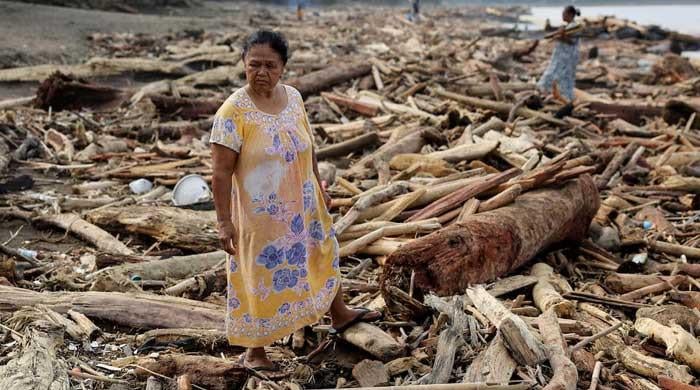

- Indonesia, Malaysia and Thailand witness large scale devastation.
- At least 176 people perish in Thailand and three in Malaysia.
- Indonesia’s death toll reaches 502 with 508 more still missing.
PALEMBAYAN: Rescue teams in western Indonesia were battling on Monday to clear roads cut off by cyclone-induced landslides and floods, as improved weather revealed more of the scale of a disaster that has killed close to 700 people in Southeast Asia.
Indonesia, Malaysia and Thailand have seen large scale devastation after a rare tropical storm formed in the Malacca Strait, fuelling torrential rains and wind gusts for a week that hampered efforts to reach people stranded by mudslides and high floodwaters.
At least 176 have been killed in Thailand and three in Malaysia, while the death toll climbed to 502 in Indonesia on Monday with 508 missing, according to official figures.
Under sunshine and clear blue skies in the town of Palembayan in Indonesia’s West Sumatra, hundreds of people were clearing mud, trees and wreckage from roads as some residents tried to salvage valuable items like documents and motorcycles from their damaged homes.

Men in camouflage outfits sifted through piles of mangled poles, concrete and sheet metal roofing as pickup trucks packed with people drove around looking for missing family members and handing out water to people, some trudging through knee-deep mud.
Months of adverse, deadly weather
The government’s recovery efforts include restoring roads, bridges and telecommunication services.
More than 28,000 homes have been damaged in Indonesia and 1.4 million people affected, according to the disaster agency.
Indonesian President Prabowo Subianto visited the three affected provinces on Monday and praised residents for their spirit in the face of what he called a catastrophe.
“There are roads that are still cut off, but we’re doing everything we can to overcome difficulties,” he said in North Sumatra.
“We face this disaster with resilience and solidarity. Our nation is strong right now, able to overcome this.”
The devastation in the three countries follows months of adverse and deadly weather in Southeast Asia, including typhoons that have lashed the Philippines and Vietnam and caused frequent and prolonged flooding elsewhere.

Scientists have warned that extreme weather events will become more frequent as a result of global warming.
Marooned for days
In Thailand, the death toll rose slightly to 176 on Monday from flooding in eight southern provinces that affected about three million people and led to a major mobilisation of its military to evacuate critical patients from hospitals and reach people marooned for days by floodwaters.
In the hardest-hit province of Songkhla, where 138 people were killed, the government said 85% of water services had been restored and would be fully operational by Wednesday.
Much of Thailand’s recovery effort is focused on the worst-affected city Hat Yai, a southern trading hub which on November 21 received 335 mm (13 inches) of rain, its highest single-day tally in 300 years, followed by days of unrelenting downpours.
Prime Minister Anutin Charnvirakul has set a timeline of seven days for residents to return to their homes, a government spokesperson said on Monday.
In neighbouring Malaysia, 11,600 people were still in evacuation centres, according to the country’s disaster agency, which said it was still on alert for a second and third wave of flooding.
Politics
British MP Tulip Siddiq handed two-year prison sentence in Bangladesh graft case
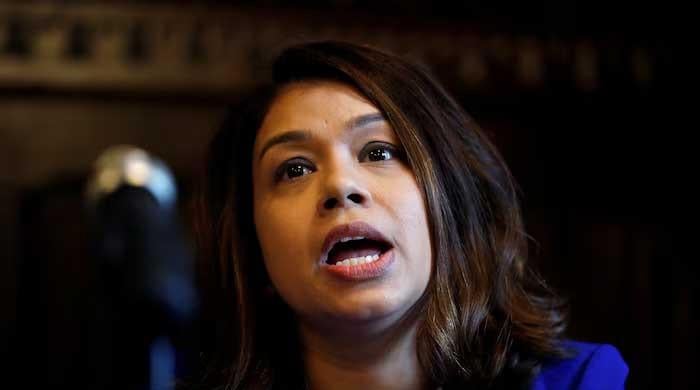
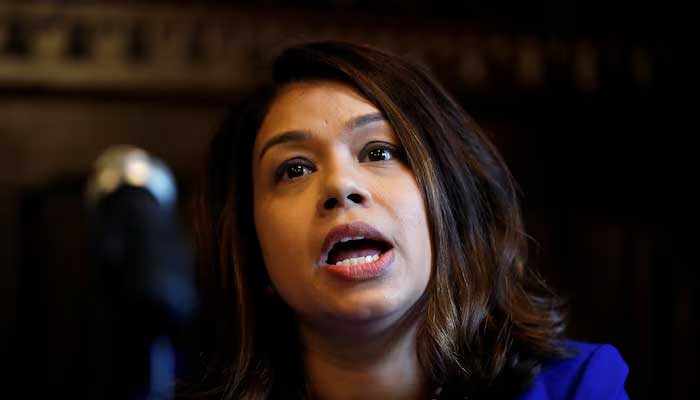
- Ex-Bangladesh PM Sheikh Hasina, sister Rehana also sentenced.
- Case relates to illegal allocation of a plot of land: local media.
- Prosecutors highlight political influence, collusion abuse of power.
DHAKA: A Bangladesh court sentenced British parliamentarian and former minister Tulip Siddiq to two years in jail in a corruption case involving the alleged illegal allocation of a plot of land, local media reported.
The verdict was delivered in absentia as Siddiq, her aunt and former Bangladesh Prime Minister Sheikh Hasina, and Hasina’s sister Sheikh Rehana — all co-accused in the case — were not present in court.
Hasina was sentenced to five years in jail and Rehana to seven, the local media reports said.
Hasina, who fled to neighbouring India in August 2024 at the height of an uprising against her government, was sentenced to death last month over her government’s violent crackdown on demonstrators during the protests.
Last week, she was handed a combined 21-year prison sentence in other corruption cases.
Prosecutors said that the land was unlawfully allocated through political influence and collusion with senior officials, accusing the three powerful defendants of abusing their authority to secure the plot, measuring roughly 13,610 square feet, during Hasina’s tenure as prime minister.
Most of the 17 accused were absent when the judgement was pronounced.
Siddiq, who resigned in January as the UK’s minister responsible for financial services and anti-corruption efforts following scrutiny over her financial ties to Hasina, has previously dismissed the allegations as a “politically motivated smear”.
Britain does not currently have an extradition treaty with Bangladesh.
Politics
Elon Musk reveals partner’s half-Indian roots, son’s middle name ‘Sekhar’
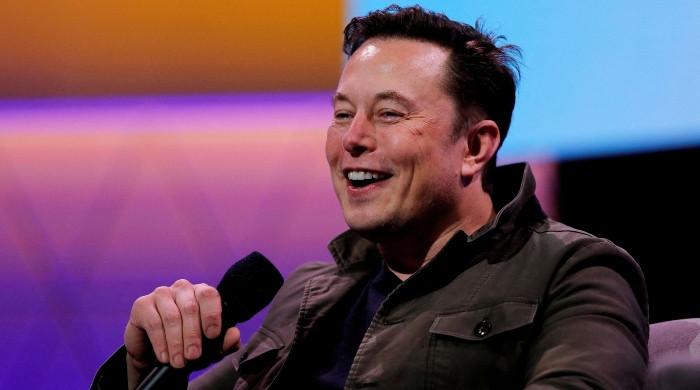
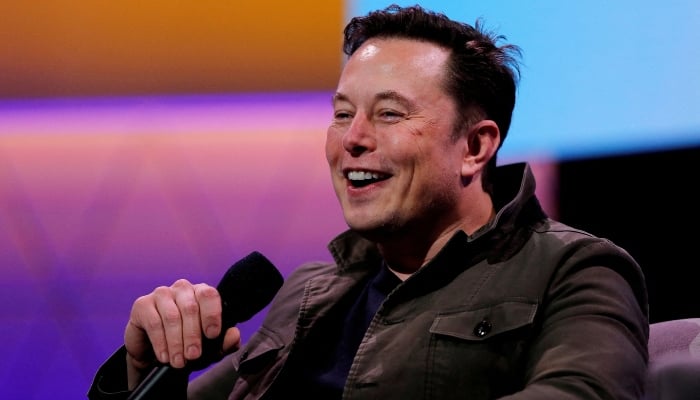
Tesla and SpaceX CEO Elon Musk has said his partner, Neuralink executive Shivon Zilis, is half-Indian and that one of their sons has the middle name “Sekhar” after Indian-American physicist and Nobel laureate Subrahmanyan Chandrasekhar.
Speaking on Zerodha founder Nikhil Kamath’s “WTF is?” podcast, Musk said: “I’m not sure if you know this, but my partner Shivon is half Indian,” adding: “One of my sons with her, his middle name is Sekhar after Chandrasekhar.”
Musk also spoke about Zilis’s background when asked where she grew up, saying she was given up for adoption as a baby and raised in Canada. “She grew up in Canada. She was given up for adoption when she was a baby. I think her father was like an exchange student at the university or something like that… I’m not sure the exact details,” he said.
Zilis joined Musk’s AI company, Neuralink, in 2017 and is currently the Director of Operations and Special Projects. She has a Bachelor of Arts in Economics and Philosophy from Yale University. Zilis has four children with Musk — twins Strider and Azure, daughter Arcadia and son Seldon Lycurgus.
Earlier this year, in March, it emerged that Musk had another child, his 14th, with Zilis.
“Discussed with Elon and, in light of beautiful Arcadia’s birthday, we felt it was better to also just share directly about our wonderful and incredible son Seldon Lycurgus,” Zilis said in a post on X, without saying when the child was born. Musk responded with a heart.
Her announcement came two weeks after conservative influencer Ashley St Clair said that she also recently had a child with Musk.
Appearing on the latest episode of Kamath’s podcast, Musk also said that America has “been an immense beneficiary of talent from India, but that seems to be changing now”.
His comments come at a time when the American dream for thousands of Indians is turning sour due to rising US visa restrictions and policy unpredictability.
— With additional input from Reuters
-

 Sports1 week ago
Sports1 week agoWATCH: Ronaldo scores spectacular bicycle kick
-

 Entertainment1 week ago
Entertainment1 week agoWelcome to Derry’ episode 5 delivers shocking twist
-

 Politics1 week ago
Politics1 week agoWashington and Kyiv Stress Any Peace Deal Must Fully Respect Ukraine’s Sovereignty
-

 Business1 week ago
Business1 week agoKey economic data and trends that will shape Rachel Reeves’ Budget
-

 Politics1 week ago
Politics1 week ago53,000 Sikhs vote in Ottawa Khalistan Referendum amid Carney-Modi trade talks scrutiny
-

 Tech6 days ago
Tech6 days agoWake Up—the Best Black Friday Mattress Sales Are Here
-

 Tech24 hours ago
Tech24 hours agoGet Your Steps In From Your Home Office With This Walking Pad—On Sale This Week
-

 Fashion1 week ago
Fashion1 week agoCanada’s Lululemon unveils team Canada kit for Milano Cortina 2026






